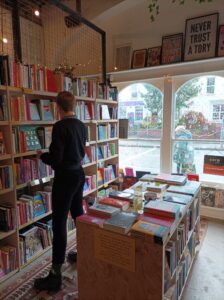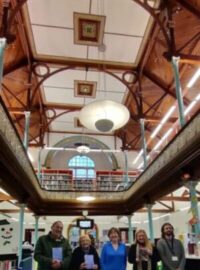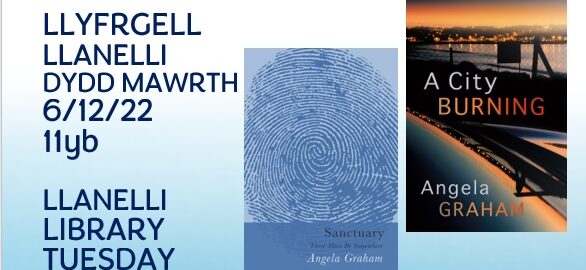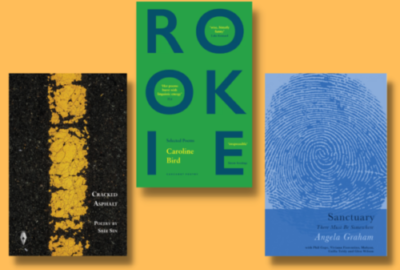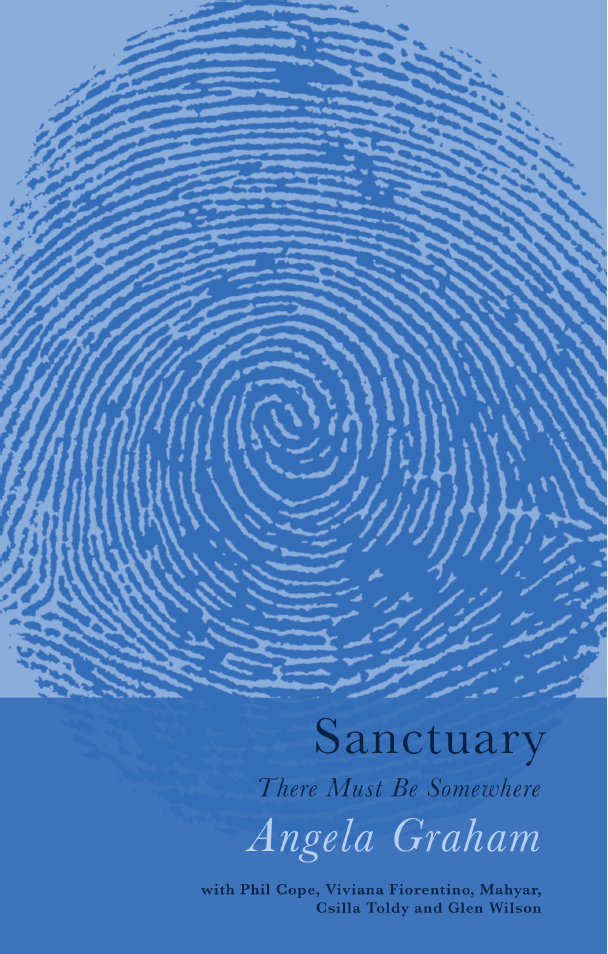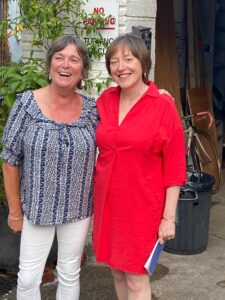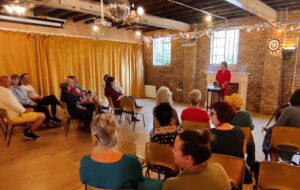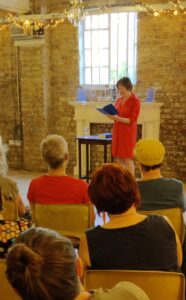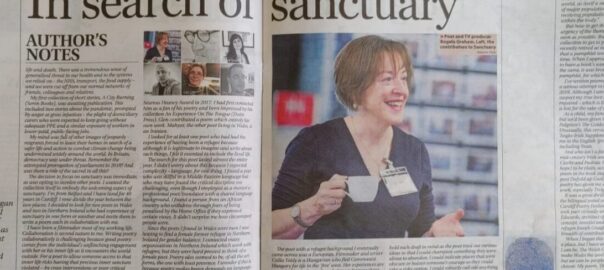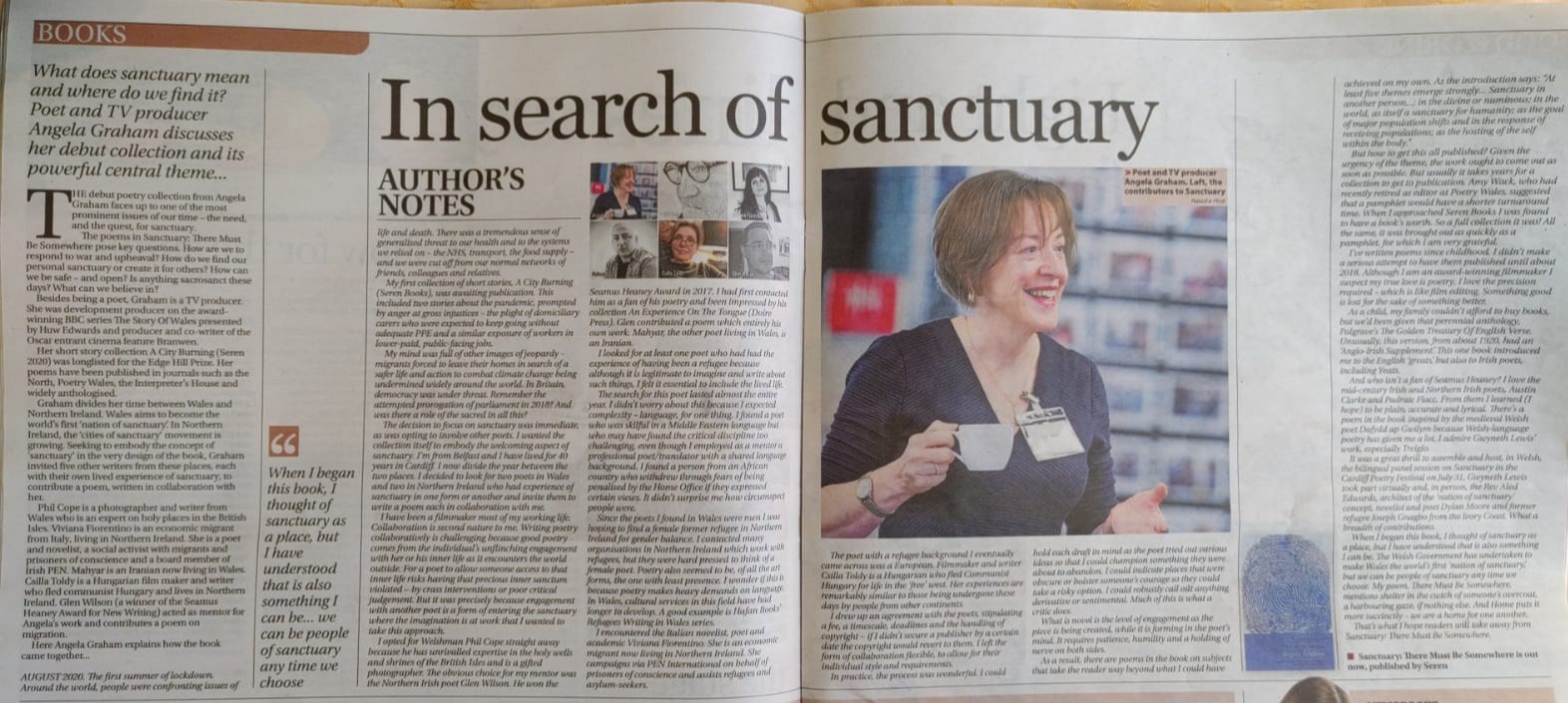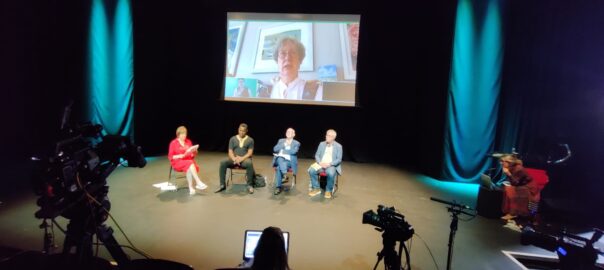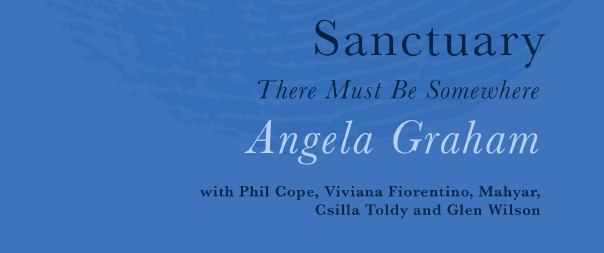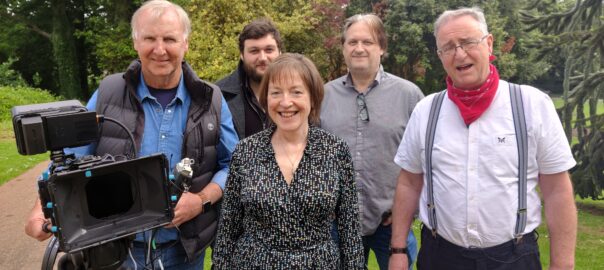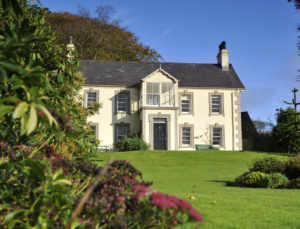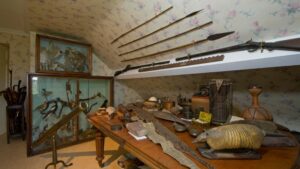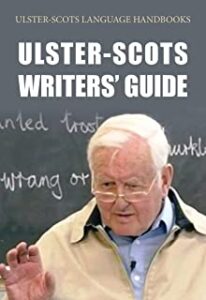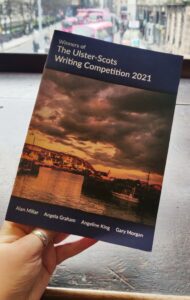Cardiff Poetry Festival took place over the last weekend in July. I was delighted to read from my collection Sanctuary: There Must Be Somewhere alongside Hannah Hodgson and Ben Wilkinson in a session of poetry newly published by Seren Books.
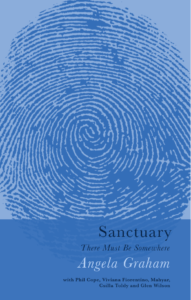
Hannah Hodgson’s 163 Days employs an innovative format to chronicle her hospital stay and treatments for a devastating illness: extracts from doctors’ notes are juxtaposed with her impressions of the same events. The objective and subjective side by side. Ot, it should be said, the supposedly objective.
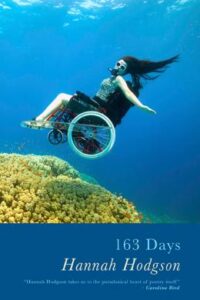
The interplay between patient’s and doctor’s perspectives gives the reader a seldom experienced stand point. We spot the subjective seeping into the medical records of treatment – the doctor’s take, not simply on the symptoms, but on the patient who is experiencing them. This either clarifies or clouds the decisions taken. To hear the patient’s voice almost simultaneously is to encounter a different kind of authority, that of the suffering subject, who is perfectly capable of reading the symptoms the doctor (unconsciously) presents but who is accorded little recognised power. Power, its facets and its use, is a constant throughout the book.
Although one might say that the poetry in this book resides in the patient’s contributions, which employ devices typical of poetry as contrasted with the prosaic and precise medical use of language, part of the book’s appeal is that the affect-less medical notes acquire an emotional intensity as they collide or elide with the poetic voice.
This voice is robust but never strident. This admirable self-control achieves a great thing: it allows the reader to supply the anger, bafflement, hurt.
A memorable, epic journey.
Same Difference
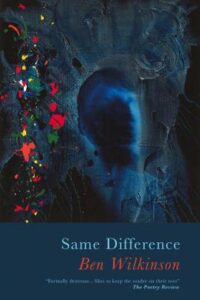
Ben Wilkinson’s new collection examines relationships, sometimes from a wry perspective, as a poem’s protagonist grows in self-knowledge – painful as well as uplifting – with a deft handling of a variety of forms.
It is particularly interesting to see a contemporary poet ‘coming to terms with’ a long-dead one, in this case, Verlaine: proof that poetic voice can remain vital, challenging and inspiring.
Running (an art or a sport?) is here given a poetic ‘voice’. One way for those not devotees to get inside an activity that can seem from the outside supremely individual.
